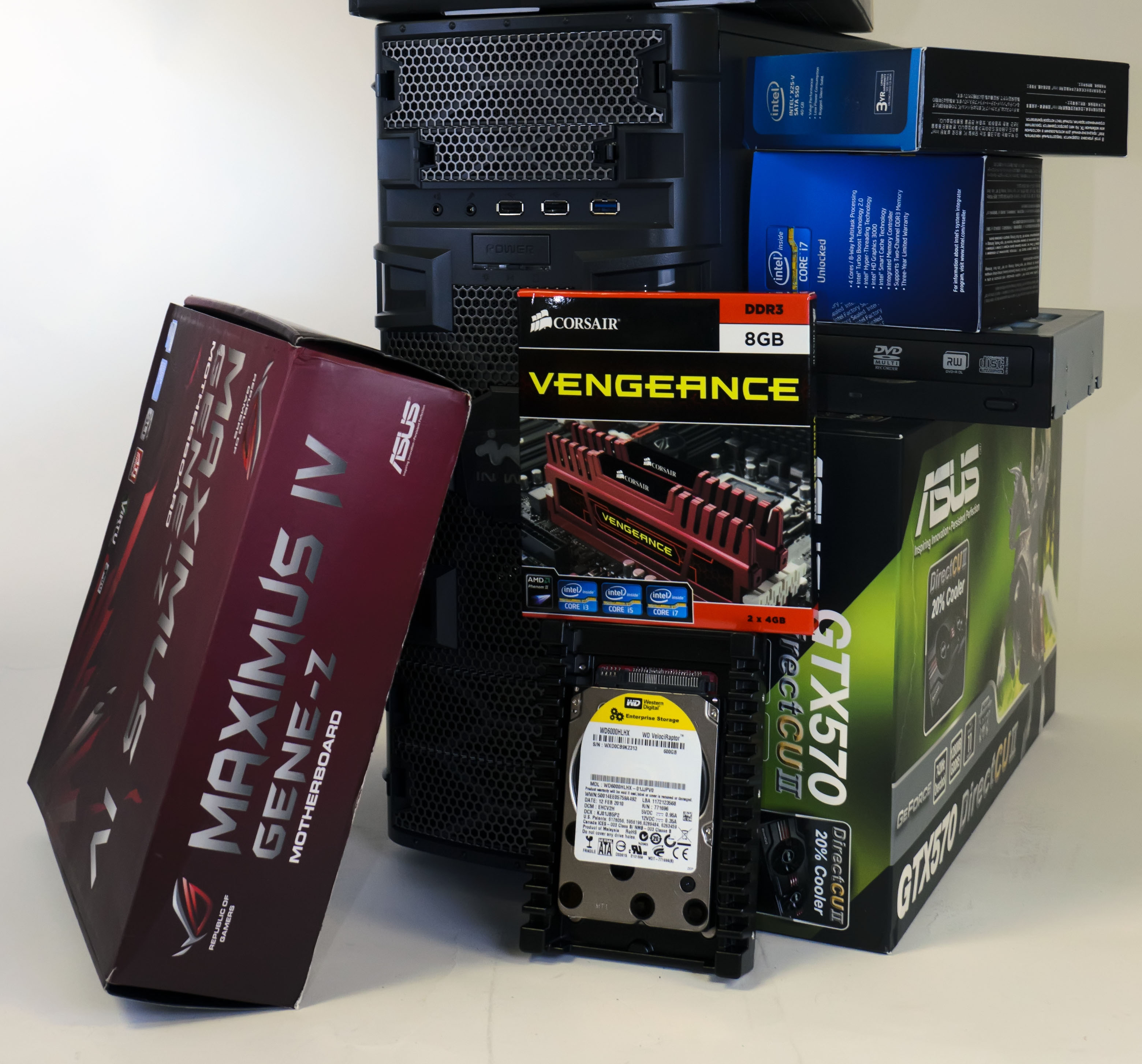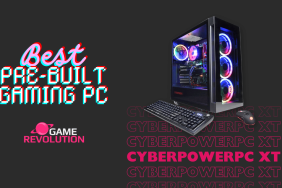There’s still nothing quite like a new video game console launch, is there? While those of us who grew up in the 80s/90s grow increasingly world-weary and difficult to please, it’s still hard to prevent the corners of your mouth curling upwards at the prospect of a new slab of hot, sexy technology, just as they did when the Super Nintendo, Sega Genesis, Nintendo 64 and PlayStation first reared their beautiful, oblong heads.
When the Wii U was announced I could barely contain my excitement. “Nintendo has jumped the shark”, the anti-touchscreen brigade scoffed, but I didn’t listen. There is no Christmas quite like a new console Christmas, and in the winter of 2012 I had Mario in high-definition. Santa had excelled himself, the wonderful, fat bastard. However, as my love for the Wii U waned by virtue of its lack of software support, I turned my attention to the inevitable announcements of Sony’s PlayStation 4 and Microsoft’s Xbox One. After all, they were going to be (as many internet commenters had reminded me) the true next-gen consoles.

The leap from the PlayStation 2 and the Xbox to the PlayStation 3 and Xbox 360 was astronomical. Gorgeous HD graphics and a larger emphasis on online play was a huge step forward for console gaming, and whatever the PS4 and Xbox One were going to bring to the table, we all knew that it was highly unlikely that they were going to be as immediately impressive as their predecessors were. When the PS4 was announced, a great deal of fuss was made about it being the “Most Powerful Console Ever”. It was almost as powerful as a gaming PC, they said. Almost. Then the Xbox One was announced, and the feverish excitement of the PS4’s reveal was contrasted by a slew of hateful vitriol directed towards Microsoft due to the console’s restrictive DRM policies (which M$, as they were swiftly dubbed by self-applauding internet types, would later remove) and the fact that it was a less powerful console, being sold for more money.
Now, I’ve always favored console gaming over PC gaming, largely due to its accessibility. I bought and semi-constructed my own gaming PC a little under a year ago, but would have had great difficulty in doing so had it not been for a few friends giving me advice along the way. This is the problem PC gaming has faced over the years, and why it has struggled to capture the attention of a wider audience despite it being the more powerful and, thanks to the abundance of Steam sales and the like, more inexpensive platform (after the initial hardware investment) to enjoy your games on. However, now that I have overcome that initial hurdle, it is difficult to see what the PS4 and Xbox One are going to offer me that I don’t already have.

In Nintendo’s initial proposal for the Wii U, they were admirably trying to offer us something different to what we had come to expect from our consoles. However, the PS4 and the Xbox One are both merely attempting to emulate the power boasted by your typical gaming PC, and little else. For those who have already experienced Skyrim with its plethora of graphical mods, the likes of Killzone: Shadow Fall and Forza Motorsport 5 won’t blow them away, but whereas the Xbox 360 and PlayStation 3 were being released at a time when PC gaming was largely ignored by the mass-market, now the likes of Valve and Nvidia are moving towards broadening the platform’s appeal with the Steam Machine and cheaper, less complicated small-form PCs. If all goes to plan for Valve and Nvidia, it’s questionable how much longer console gaming will remain in the spotlight.
The PS4 and Xbox One’s respective launches, and the plans that Sony and Microsoft have lined up for their new consoles in the near future, offer little that isn’t already available to PC gamers. In truth, aside from the Xbox One’s TV integration and Kinect, there is nothing that either company have offered that could reasonably court PC gamers away from their rigs unless, like me, they have an insatiable desire to own new technology.

Their emphasised support of independent developers is good, but they’ll never be able to give them the level of freedom PC gaming can. While the Xbox Live Arcade and PSN have seen a smattering of classic indie games in their respective lifetimes, Steam has been home to at least three in this past year alone, with The Swapper, Rogue Legacy, and The Stanley Parable all offering nigh-on perfect experiences in very different ways. They’ve also both upped the player count on online multiplayer games, but this is nothing compared to the PC’s plethora of MMOs, MOBAs and huge FPS, and as previously mentioned, their respective graphical improvements are significant compared to their predecessors’, but not when compared to some of the astonishing work being done by PC developers and modders.
So for a PC gamer, this makes the next-gen console launches somewhat underwhelming. That isn’t to say that I’m not anticipating some great things to come out of the PS4 and Xbox One, but with Sony and Microsoft putting emphasis on how powerful their new machines are, they’re unfavourably pitting themselves against a platform that will always be one step ahead of them. As the giants of PC gaming are making moves to make it more accessible, it’s only a matter of time before they pose a significant threat to console manufacturers, and before they begin whittling away Sony and Microsoft’s audience.







